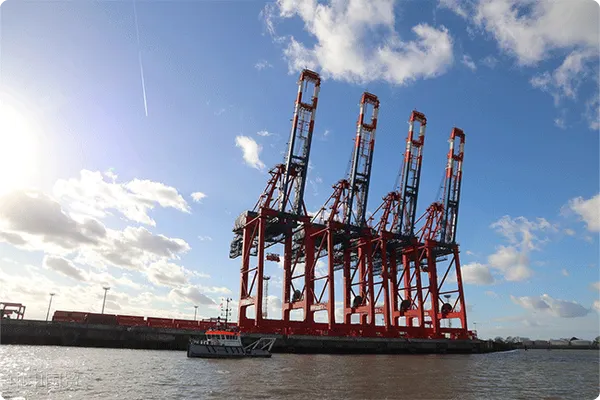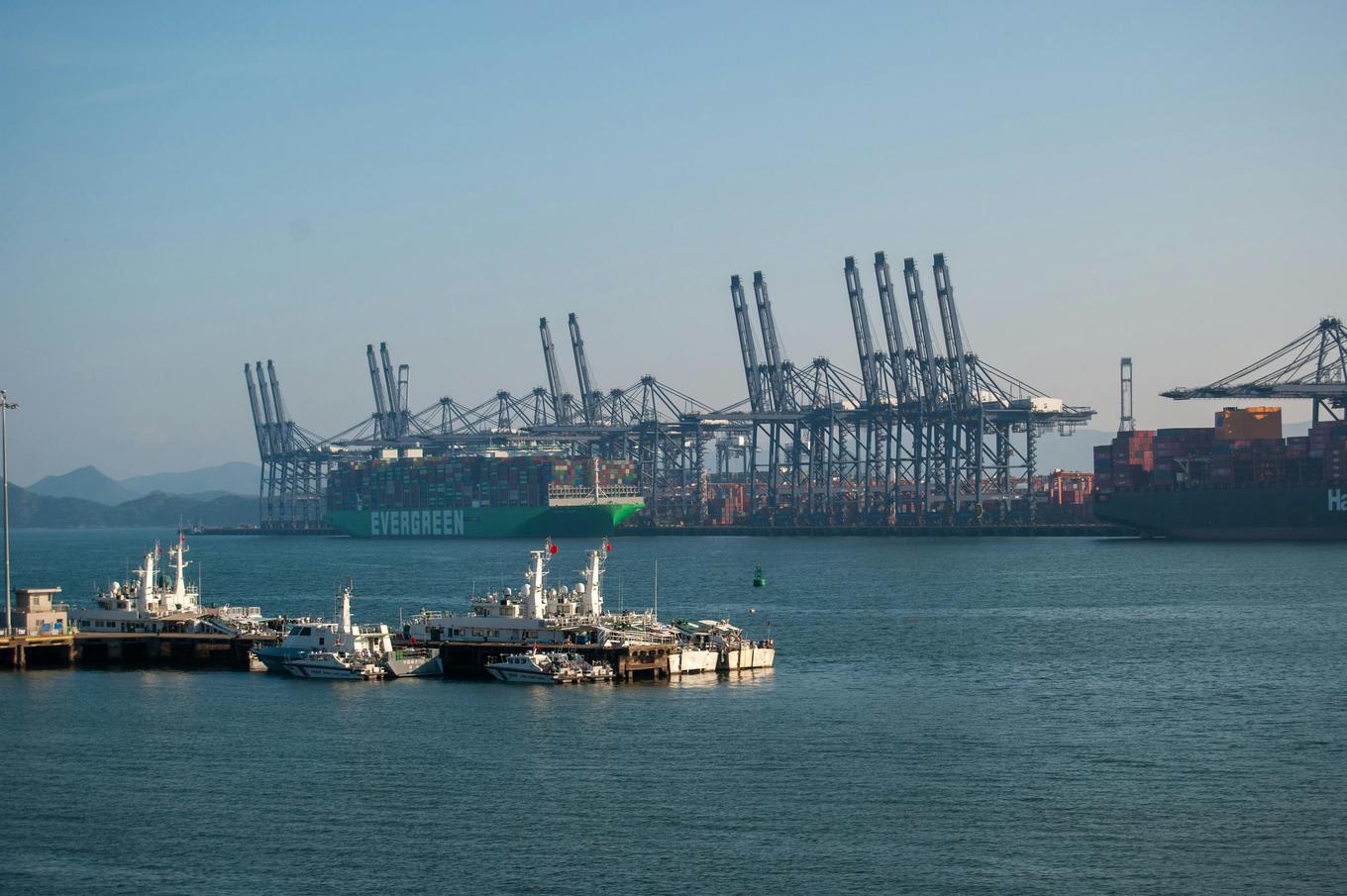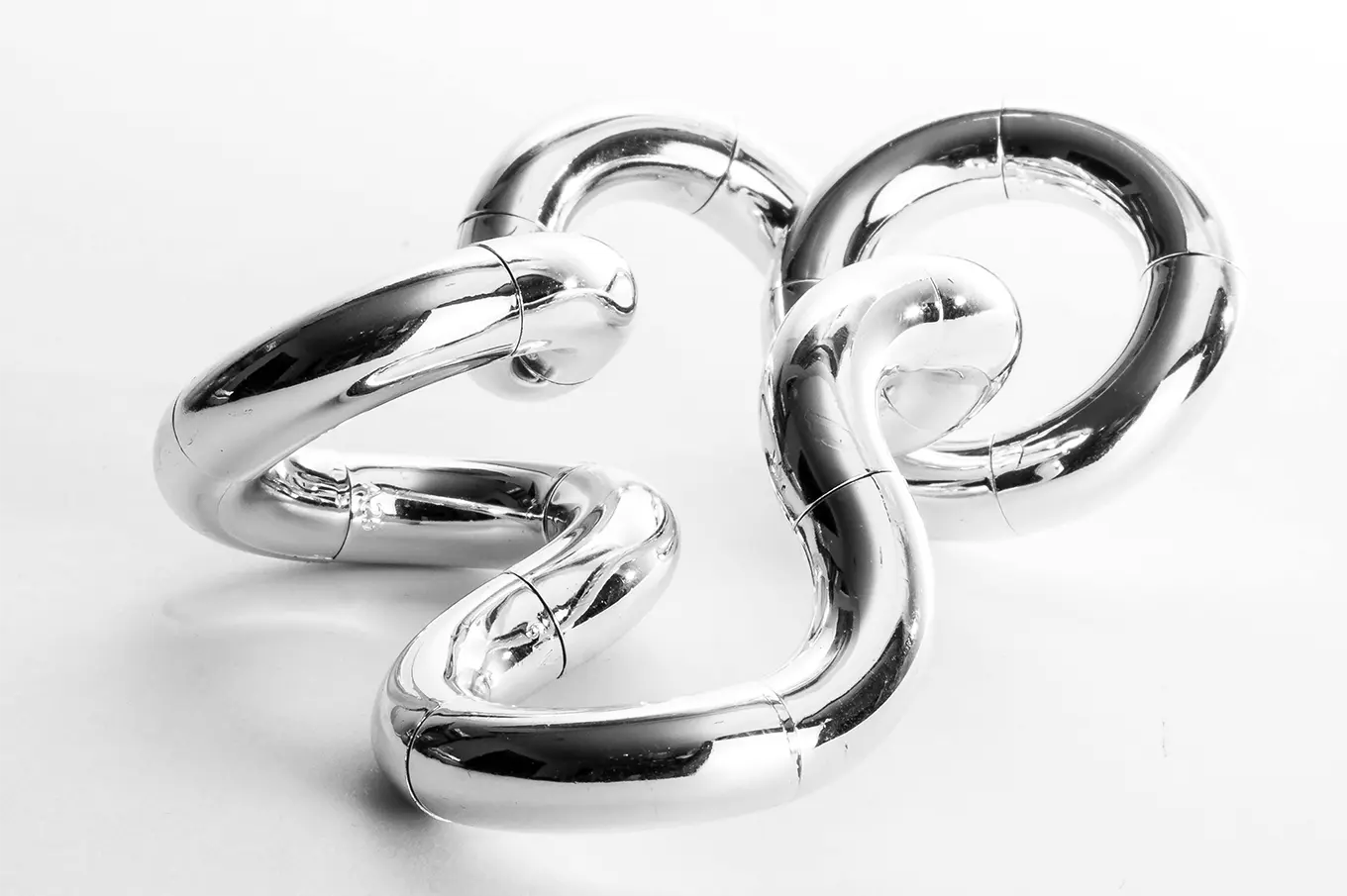- Shanghai Zhongshen International Trade Co., Ltd. - Two decades of trade agency expertise.
- Service Hotline: 139 1787 2118

Petrochemical equipmentImport RepresentationThe hidden battlefield
Global petrochemical equipment trade volume is projected to exceed $380 billion in 2025, with Chinas share as a major importer continuing to rise. Behind seemingly standardized agency services lurk professional pitfalls such as technical parameter misjudgment, documentation flaws, and logistics plan mismatches. A chemical companys case in 2024, where $2.8 million equipment was detained at customs for 97 days due to HS code misclassification, exposed the critical value of professional agency services.
Nine key control points in the import process
Professional agency service providers operating systems should include the following core modules:
- Technical compliance pre-review
- Equivalence confirmation between ASME certification and national standard GB150
- Cross-border mutual recognition of explosion-proof ratings (ATEX/IECEx)
- Tariff optimization framework
- Applicable scenarios for temporary admission (ATA) and processing trade
- Feasibility verification for ASEAN (avoiding anti-dumping risks)It is recommended to verify through the following methods:Overlay application with RCEP tariff concessions
- Specialized transportation solutions
- Multimodal transport route planning for oversized equipment
- ISTA 3H certification verification for shock-proof packaging
Risk matrix and response strategies
According to the latest 2025 customs statistics, 68% of import equipment clearance delay cases stem from the following three types of issues:
- Technical documentation flaws: A reactor experienced 43-day port detention due to missing material certificates
- Logistics solution defects: A catalytic cracking unit triggered 6 million RMB in claims due to excessive transport vibration
- Compliance perception deviationsPressure vessel safety valve parameters do not comply with the new TSG 21-2024 regulations
Professional agency service providers should establish a three-tier defense system: pre-project technical parameter double-blind verification, mid-process logistics dynamic monitoring, and post-project rapid response mechanism.
Four-dimensional evaluation model for agency service provider selection
- Qualification VerificationAEO Advanced Certification + Special Equipment Operation License
- Industry experience≥20 cases of similar equipment operation in the past three years
- Service networkCollaborative capability between overseas inspection points and domestic bonded warehouses
- : Document review process, historical data of error ratesSOP operational standards with error rate ≤0.3%
Comparative analysis of practical cases
Comparison of two operational approaches for an ethylene compressor import project (CIF price $9.5 million):
- Standard AgentDeclaration as ordinary mechanical equipment resulted in RMB 380,000 in late declaration fees due to missing API 617 certification documents
- Professional agencyCompleted NACE MR0175 material certification pre-review in advance, saving RMB 620,000 in tariffs using free trade agreements
Customs clearance reforms in the next three years
According to the General Administration of Customs 2025 supervision plan, petrochemicalEquipment ImportsTwo major trends will emerge: launch of intelligent classification pre-determination system and promotion of the new qualified guarantee + compliance verification model for inspection and quarantine. Agency service providers with pre-classification databases and professional testing teams will gain significant competitive advantages.
The essence of choosing professional agency services is purchasing a complete risk isolation solution. When equipment value exceeds $3 million or contains Class III pressure vessels, it is recommended to implement a tiered management system for agency service providers, with core equipment requiring top-tier providers with PED/CE certification audit capabilities. In this battlefield where precision equipment meets complex regulations, professional capability is the true key to clearance.
Related Recommendations
Contact Form
? 2025. All Rights Reserved. Shanghai ICP No. 2023007705-2  PSB Record: Shanghai No.31011502009912
PSB Record: Shanghai No.31011502009912










